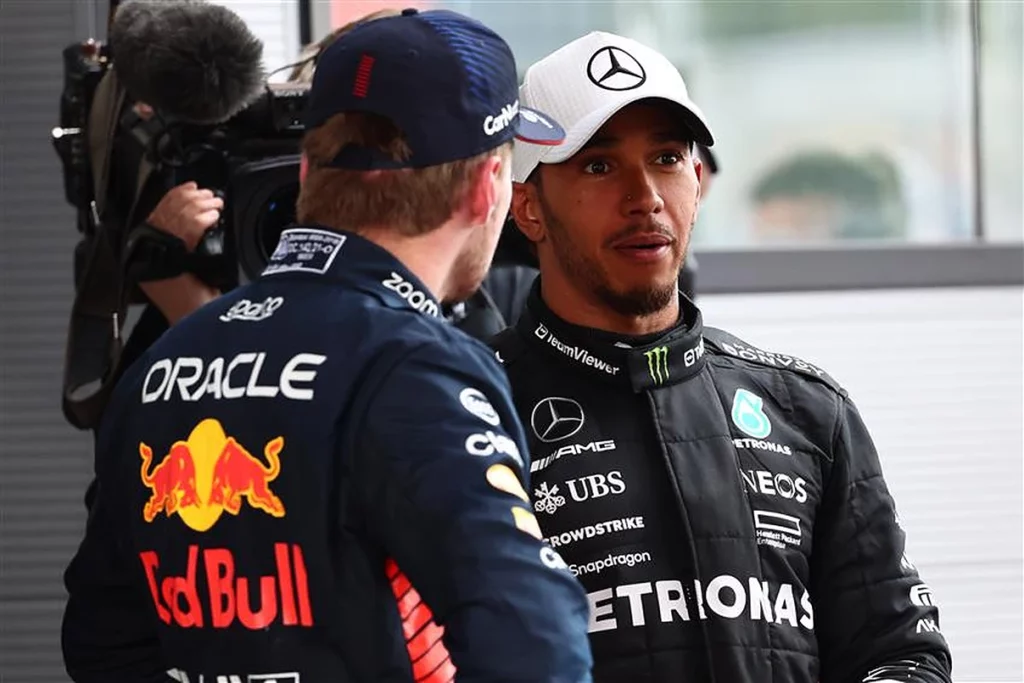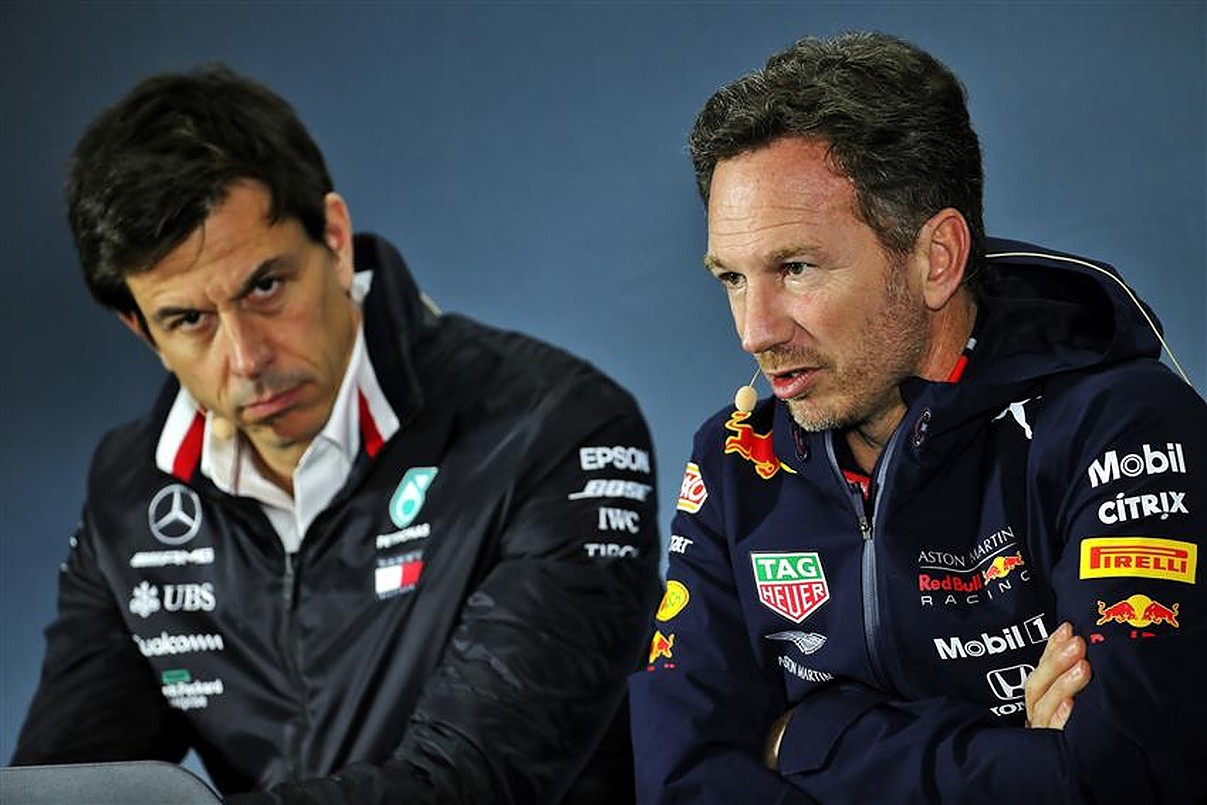Red Bull team principal Christian Horner has expressed his dissatisfaction with the new engine regulations set to be implemented in 2026.
However, Mercedes team boss Toto Wolff has dismissed the possibility of any adjustments to the regulations, leading to a war of words between the two team principals.
Horner, in response to Wolff’s comments, reiterated his concerns and defended Red Bull’s position in an interview with Sky Sports F1 and other media outlets.
Max Verstappen, Red Bull’s star driver, previously revealed that the simulation data for the new regulations was “terrible.”

Want to work in Formula 1? Browse the latest F1 job vacancies
Verstappen cited an example at Monza where drivers would have to downshift 400 meters before the end of the straight to maintain speed. These findings raised further concerns within the Red Bull camp.
Horner had previously criticized the engine regulations, particularly expressing hope for changes in the electricity-to-combustion ratio by five to ten percent.
In response, Wolff implied that Red Bull’s fear of failure with their own engine project was driving their desire for adjustments to the regulations.
However, Horner has refuted this claim, stating, “Unfortunately, that’s typically Toto where he’s just focused on self-performance. My interest is actually about the sport rather than self-gain.”
Horner further emphasised that it is premature to determine which teams will have competitive or uncompetitive engines in 2026, highlighting the need for a collective effort to improve the overall product.
READ: Max Verstappen and Yuki Tsunoda face off in intense battle
He stressed the importance of working collaboratively with the FIA and the commercial rights holder to ensure the sport delivers an exceptional experience.
From Horner’s perspective, the focus should be on meeting the collective responsibility to enhance the sport rather than individual gains.
“It’s still way too early to say who’s going to have a competitive or uncompetitive engine in 2026… for me the most important thing is from a sports point of view, that we all have a collective responsibility to work with the FIA and the commercial rights holder to ensure that the product is as good as it can be, otherwise we’ve all failed.”

